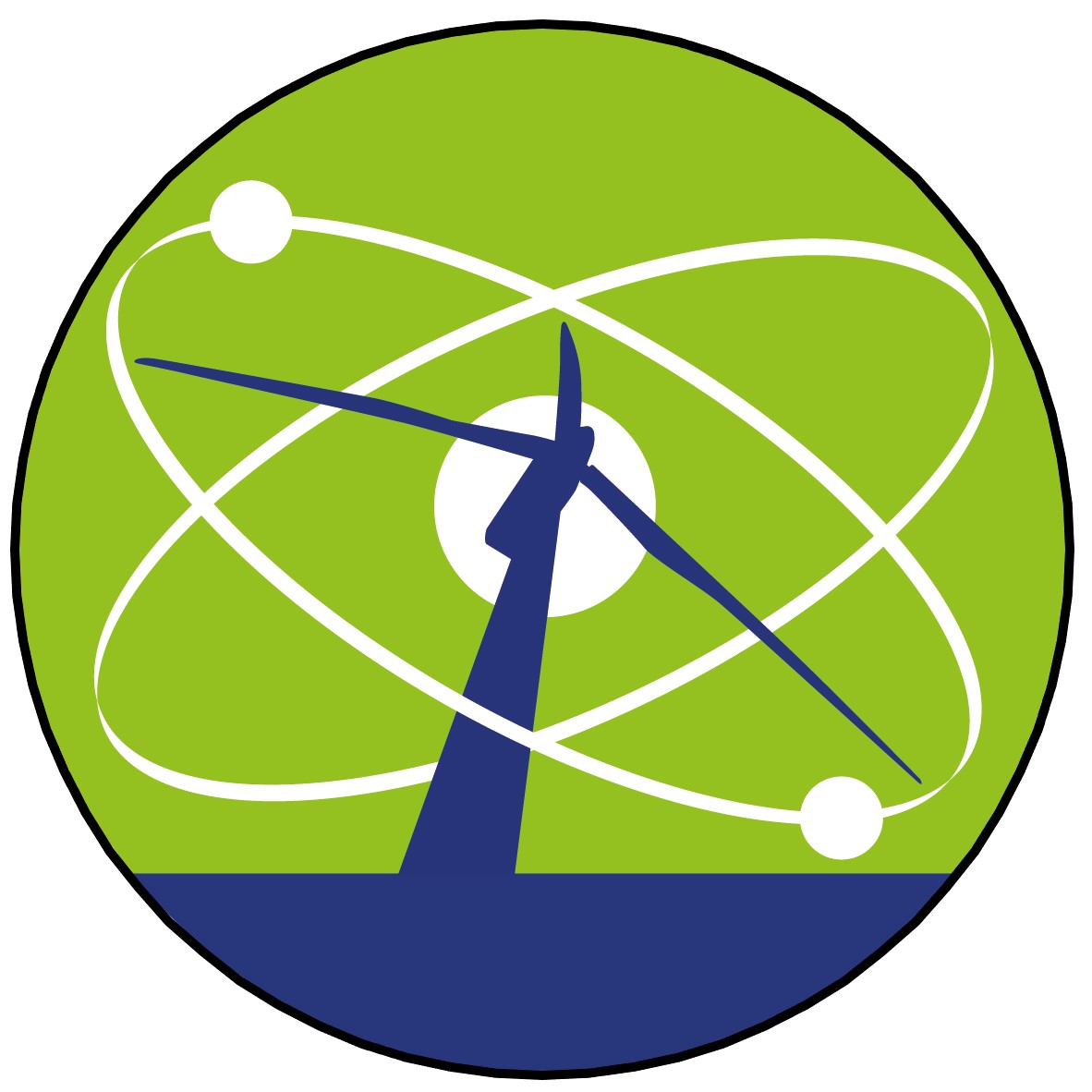The renewable hydrogen produced by the selected projects will be used in sectors such as steel, chemicals, maritime transport, fertiliser production and more.
These projects will employ alkaline, proton exchange membrane (PEM) electrolysers, or a combination of both.
Of the four pillars of the EHB, two of them are financing mechanisms – for creating the EU domestic market, and for international imports into the EU.
The third pillar is linked to transparency and coordination – assessing demand, infrastructure needs, hydrogen flows, and cost data. The final element is streamlining existing financial instrument – coordinating and blending these with new public and private funding, both in the EU and internationally.
Out of 132 bids, 119 proposals were considered eligible and admissible. After being evaluated by the implementing body of the Innovation Fund, the European Climate, Infrastructure and Environment Executive Agency (CINEA), the projects were ranked from lowest to highest bid and awarded support in that order.
The submitted bids ranged from €0.37 to the ceiling price of €4.5 per kilogram of hydrogen produced.
The seven selected projects submitted bids between €0.37 and €0.48 per kilogram of RFNBO hydrogen produced and, based on the pay-as-bid design of the pilot auction, will receive an Innovation Fund grant ranging between €8 million and €245 million.
The Commission is awarding nearly €720 million to seven renewable hydrogen projects in Europe, selected through the first competitive bidding process under the European Hydrogen Bank.
The funds for this auction come from the revenues of the EU Emissions Trading System. The winning bidders will produce renewable hydrogen in Europe and will receive a subsidy to bridge the price difference between their production costs and the market price for hydrogen, which is currently driven by non-renewable producers.
The European Hydrogen Bank is therefore contributing to the scale-up of cleaner fuels which will contribute to the decarbonisation of European industry. The renewable hydrogen they produce will be used in sectors such as steel, chemicals, maritime transport and fertilisers.
The 7 selected projects were the winners of an oversubscribed auction which attracted 132 bids in total.
Together, the winning bidders plan to produce 1.58 million tonnes of renewable hydrogen over ten years, avoiding more than 10 million tonnes of CO2 emissions.
The selected projects are located in 4 European countries. They submitted bids between €0.37 and €0.48 per kilogram of renewable hydrogen produced, and also met the other qualification requirements. The subsidy the 7 projects will receive ranges from €8 million to €245 million.














